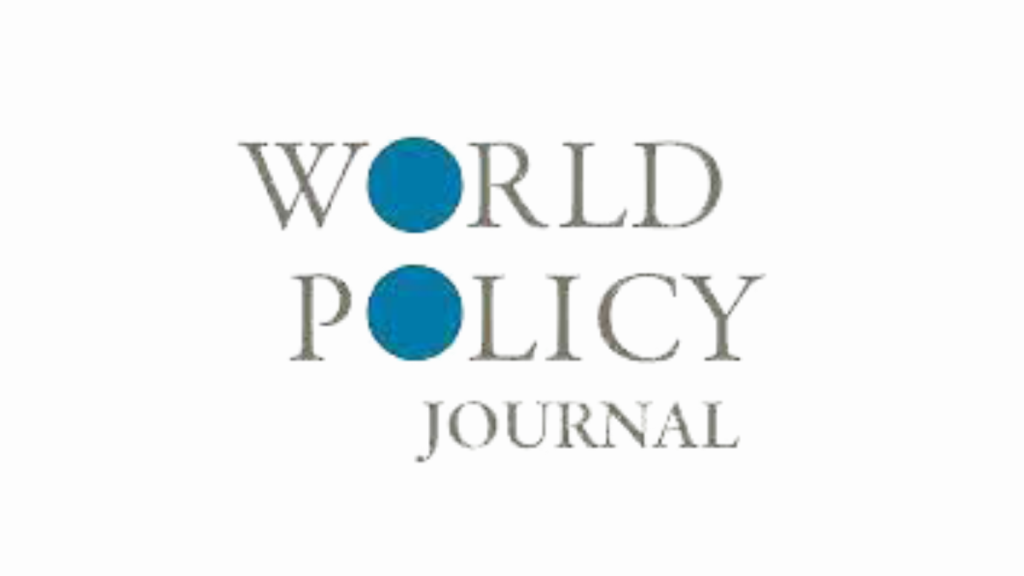Red Tape: Chinese Government Regulation of Uyghur Religious Freedom

May 20, 2013 | World Policy Journal | By Henryk Szadziewski
It is Ramadan. The Chinese government has mandated all restaurants remain open for business during fasting hours. Regulations stipulate that state workplaces provide free lunches for their employees, and non-Muslims wait to see if their Muslim co-workers will sit down to eat with them. Schools tell students under the age of 18 that they cannot go to the mosque and pray during the holy month, or indeed at any time. The state has proscribed the communal and private religious education of children to the extent that affinities to Islam are becoming diluted. Imams, all of whom have undergone political education classes, sermonize to the only people eligible to enter the mosque, that is, men aged over 18 not employed by the government. Every Koran in public use is state approved. Any outward expression of faith in workplaces, hospitals, and some private businesses, such as men wearing beards or women wearing headscarves, is forbidden. In short, the state controls the smallest details of individual expressions of religious belief and practice.
This is the stark picture of restrictions placed on the religious freedom of the Uyghur people, documented by the Uyghur Human Rights Project (UHRP) in a new report titled Sacred Right Defiled. The Uyghur are a Turkic Muslim people whose homeland, in China’s far northwest, is known as either Xinjiang or East Turkestan, depending on your politics. The distinct Uyghur cultural identity is besieged through a variety of state policies that include the exclusion of the Uyghur language in educational institutions, the demolition of traditional Uyghur neighborhoods, and a steady migration of Han Chinese into predominately Uyghur towns and cities. Sacred Right Defiled details how the Chinese state has implemented an array of ever-restrictive regulations on religion, a cornerstone of Uyghur identity. As scholar Arienne Dwyer states, “For both urban and rural Uyghurs, ethnic identity is linked with religious and linguistic identity.”
Read the full op-ed here: http://worldpolicy.org/2013/05/20/red-tape-chinese-government-regulation-of-uyghur-religious-freedom/
